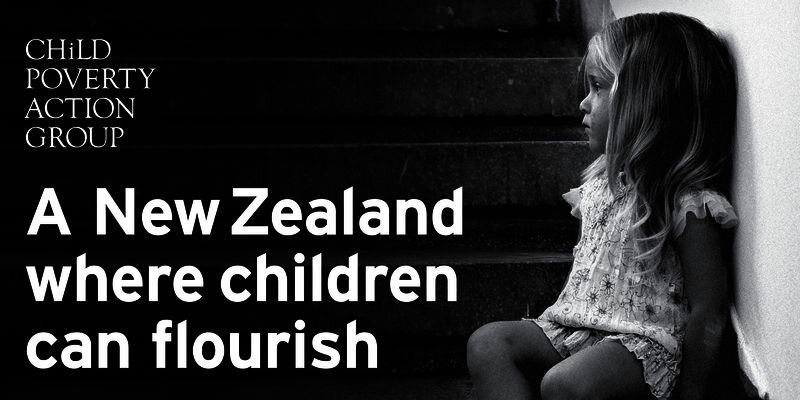Election 2017: A New Zealand where children can flourish
In the lead up to the 2017 general election, Child Poverty Action Group published five key election documents focusing on health, social investment, incomes, housing and education with the aim of putting children at the heart of policy making.
On this page you can read CPAG’s 2017 priorities and how each party’s proposed policies ranked against CPAG’s recommendations (PDF).
Priorities for Health
Without good health, our whānau cannot flourish. With good policies - designed to ensure the wellbeing of children across all areas of life and all socio-economic levels - they can.
CPAG’s health priority for the 2017 election is the introduction of measures to substantially reduce child hospital admissions for preventable illnesses. These measures must address three key areas that desperately require remedial attention:
Inadequate basic healthcare services and education;
Income poverty and material hardship; and
A lack of affordable, healthy housing.
Priorities for ‘Social Investment’
The current ‘social investment’ policies are poorly designed. Under these policies, the Ministry of Social Development targets funding for children based on whether they meet a specific set of experience-related criteria. While poverty is a strong determinant for poor outcomes for children, it is not considered one of the ‘social investment’ risk factors.
Many of the children who meet the experience criteria may not actually have poor outcomes. Some children who need services will not receive them, while others who will not need assistance will have better access to it. We can do better than this.
Read CPAG’s Priorities for ‘Social Investment’ in full (PDF) here
Priorities for Family Income Support
CPAG’s recommended priority for family incomes in the 2017 election is to significantly improve Working for Families in order to markedly reduce child poverty, and support substantially reducing the number of child hospital admissions for preventable illnesses.
CPAG has compiled a comprehensive list of recommendations to improve Working for Families and welfare payments. Implementing these recommendations would substantially reduce the worst child poverty and contribute to a reduction in hospital admissions for poverty-related illnesses.
Read CPAG’s Priorities for Family Income Support in full (PDF) here
Priorities for family housing
Warm, dry, secure housing provides a foundation for children’s health.
There are about 40,000 hospital admissions of children in New Zealand every year, with preventable illnesses that have links to poverty and unhealthy housing. If we had adequate systems for regulating the supply and condition of housing, the numbers of children admitted to hospital with illnesses associated with poverty would be reduced.
If the incoming government brings in policies to markedly increase the supply of state houses, introduces a system of regulating conditions for all rented homes, and addresses the income needs of low-income families, then we will have a New Zealand where all children can flourish.
Read CPAG’s Priorities for Family Housing in full (PDF) here
Priorities for Education
It is crucial that the education system is resourced adequately so that children from all socioeconomic backgrounds can flourish.
Public schooling in New Zealand is contributing to a significant financial burden upon families. This is in part due to the hidden costs of a ‘free education’, which requires families to spend money on ‘voluntary donations’, uniforms, school trips, examinations, and electronic devices. The sad reality is that the longer students stay at school, the greater the pressure on families to bear the financial costs of them being at school.
Early education is vitally important in providing children with the foundations for learning and life. CPAG calls on the incoming government to:
Ensure that high quality, culturally responsive early childhood education is available for all children in early childhood care and education by requiring 100% degree-qualified teachers in all ECCE centres.
Markedly increase funding for public education to ensure that expenditure on education becomes less of a household burden, and introduce systems to ensure that a genuinely free public education in New Zealand can be guaranteed.


